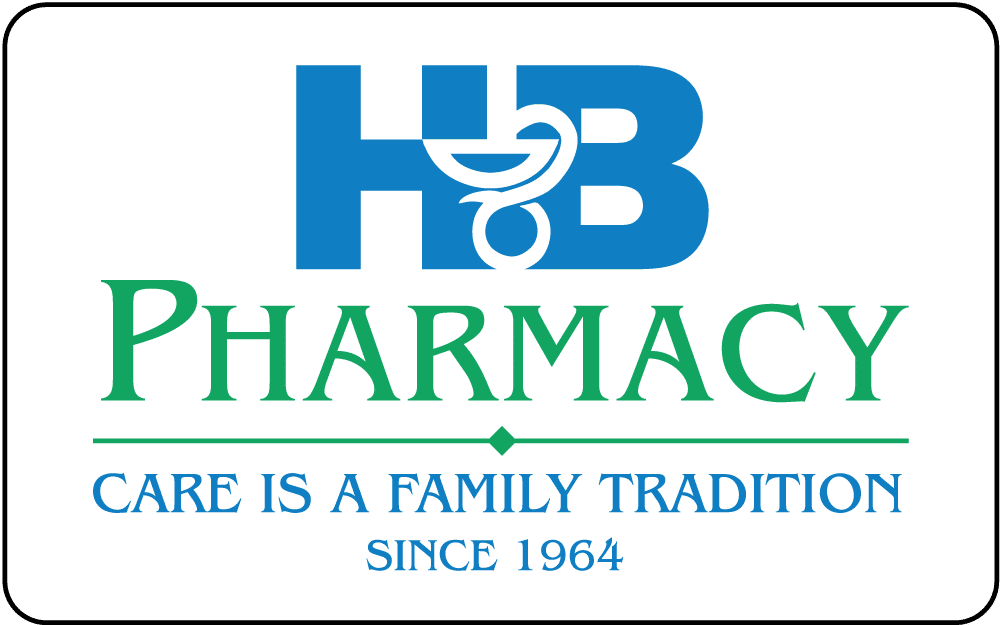Alternative medicine, which encompasses various natural therapies and remedies, has gained popularity as people seek holistic approaches to healthcare. Pharmacists are adapting their services to include alternative medicine, which can offer several benefits to patients.
What is alternative medicine?
Alternative medicine, unlike conventional medicine, focuses on treating the whole person rather than just the symptoms of an illness. It includes practices such as herbal medicine, acupuncture, aromatherapy, and naturopathy, among others.
One reason for the increasing popularity of alternative medicine is the growing interest in natural remedies and holistic approaches to health. People are looking for ways to manage their health that do not involve prescription medications or invasive procedures. Additionally, many patients feel that conventional medicine often fails to address the root causes of an illness.
Benefits of alternative medicine in pharmacy services
Integrating alternative medicine into pharmacy services offers several advantages. Firstly, it provides a more comprehensive approach to patient care. Patients can manage their health using natural remedies and therapies, which can lead to better outcomes.
Secondly, alternative medicine can be a safer and more natural alternative to prescription medications. Many alternative therapies have been proven effective in managing various health conditions, with fewer negative side effects.
Thirdly, alternative medicine can be more cost-effective than traditional healthcare. Many natural remedies and therapies can be done at home, reducing the need for expensive medical procedures or prescription medications.
Challenges of alternative medicine in pharmacy services
However, integrating alternative medicine into pharmacy services also presents some challenges. For instance, there is a lack of standardization in the practice of alternative medicine, making it difficult for pharmacists to determine which therapies are safe and effective. Moreover, some alternative therapies may interact with prescription medications, requiring pharmacists to be well-informed about potential interactions and contraindications.
Integrating alternative medicine into pharmacy services offers a more holistic approach to healthcare, providing safer and more natural alternatives to prescription medications. Although it presents some challenges, the benefits of incorporating alternative medicine into pharmacy services are numerous, and can lead to improved patient outcomes.
